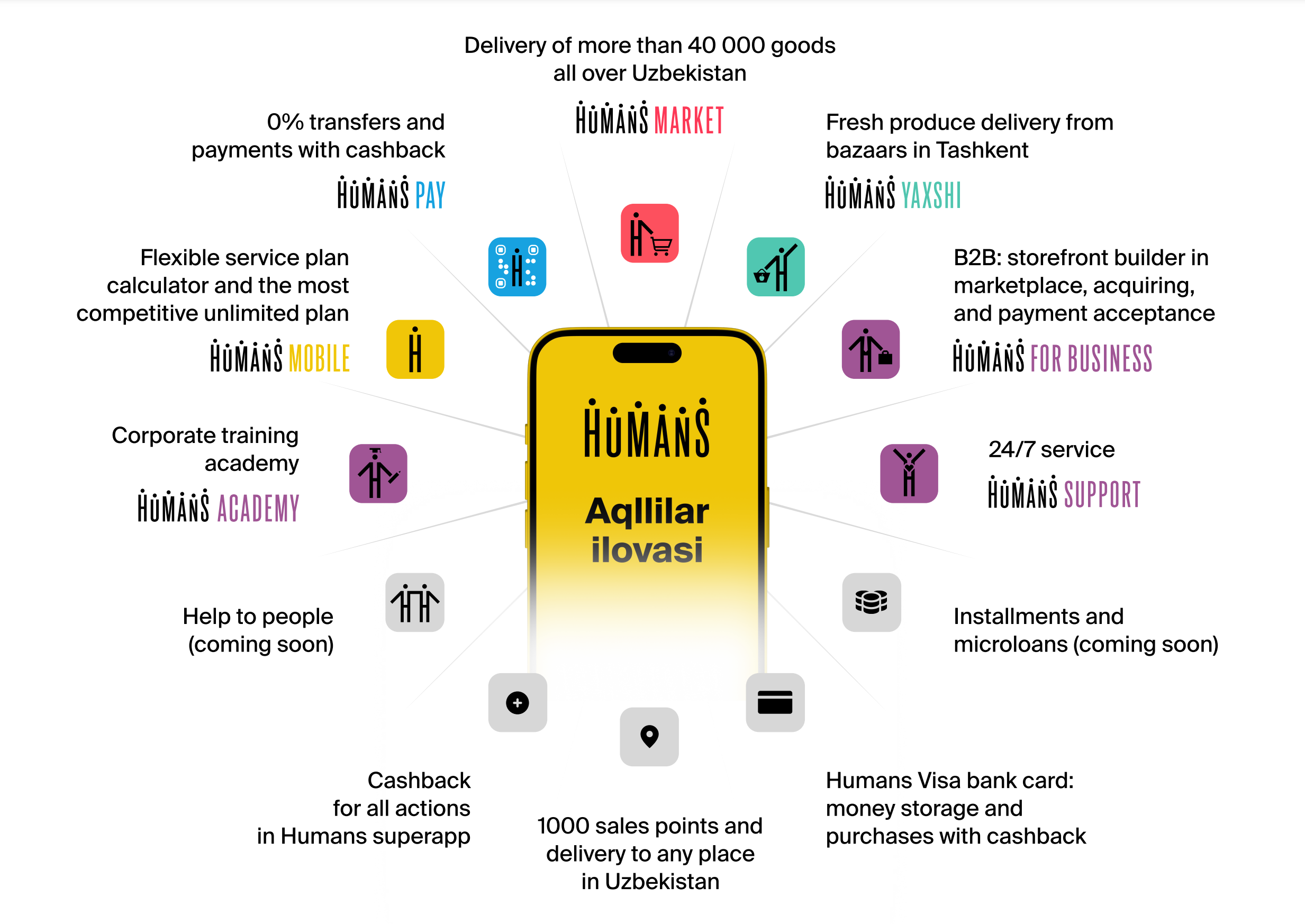Table of Contents
Banks and Virtual Assistants
Banks have been around for centuries, and in that time they’ve seen a lot of change. But in today’s digital age, the stakes are higher than ever before.
Banks need to adapt or they’ll find themselves outpaced by fintech companies who can offer innovative products and services quickly and efficiently. fortunately, banks are embracing digital change with the help of fintech companies.
Here’s how they’re doing it.
AI and Virtual Assistants
According to IoT analytics, by 2025 the world will see around 27 billion connected devices. As such, more and more consumers are looking for convenience – which means it’s vital for banks to be able to provide this type of service if they want to stay ahead of the competition. Nowhere is this need more apparent than with automated assistants, or virtual assistants.
However before we proceed to look at how banks are using virtual assistants, let us first look at the very clear concerns that exist with the mass adoption of A.I.
One of the biggest drawbacks of using AI for banks is that it can lead to biased decision-making. For example, if a bank uses AI to decide whether or not to approve a loan, the algorithm may be biased against certain demographics, such as women or minorities.
Another drawback of using AI for banks is that it can be expensive. Banks need to invest in the technology and staff who can maintain and operate it. Additionally, banks need to ensure that their data is secure and protected from hackers.
There’s always the risk that AI will make mistakes. If an AI system makes a bad decision, it could cost the bank money or even cause it to lose customers.
Finally, the biggest drawback or at least a talking point, for now, is the impact of AI on the human workforce. If banks and other businesses adopt AI-based workflows, this will lead to a significant reduction in the human workforce, leading to unemployment. While this has always been a clear concern related to automation, it has not been able to impede the speed at which AI is “taking over”.
What is a Virtual Assistant?
A virtual assistant is an artificial intelligence-based software program that performs tasks or services for a user. Virtual assistants can be used for a variety of purposes, such as scheduling appointments, managing to-do lists, and providing customer service.
Virtual Assistants are cost-effective?
The number of mergers and acquisitions of banks and fintechs has gone up in the last few years. Banks have now come to a full realization that they can no longer overlook the fintech revolution because it is directly impacting their business.
As a result, many banks are acquiring fintech firms and incorporating their products and services to manage both back and front end activities. Some banks are taking matters into their own hand by diversifying into the fintech sector by developing in-house solutions.
Whatever the case, fintech is taking over the banking industry. One of the first use cases that we saw of fintech in banking is the widespread use of virtual assistants.
Banks are saving money with virtual assistants by automating processes that would otherwise require human employees. For example, a virtual assistant can be used to answer customer inquiries, which can reduce the need for bank employees to handle customer service calls. Virtual assistants can also be used to monitor account balances and transactions, which can help banks prevent fraud.
How are banks using virtual assistants?
Banks can use virtual assistants in a number of ways, but most often they provide them to customers as:
- A personal assistant for banking and financial needs (such as paying bills and checking account balances)
- An advisor that provides personalized insights into the user’s finances (for instance, suggestions as to where a user can save money)
- A concierge for completing tasks the bank doesn’t normally handle (for instance, booking travel or managing car loans)
With these services readily available to their customers, banks are able to stay competitive without sacrificing convenience.
Uses Cases of Virtual Assistants
Fintech companies like Kasisto, for example, take advantage of advances in artificial intelligence (AI) to create virtual assistants that can communicate directly with customers. One such assistant is KAI, an intelligent assistant that uses natural language processing and machine learning to answer questions about banking and personal finance issues. The data collected by KAI is then anonymized and provided to banks so that they can improve their products.
Analysts predict that virtual assistants will become even more popular in the future. We are already seeing them everywhere, including on the web, at home, in cars, and on phones in the form of Siri and Alexa.
Another example is Ally Bank. The bank has developed Ally Assist, which is a text and voice-based AI assistant for their mobile banking application. Ally Assist can be used to answer customer inquiries such as information requests, payments, deposits and transfers. Ally Assist uses machine learning to learn from its users and then it builds upon its data to anticipate user needs.
Bank of America has a number of AI applications that it uses for a variety of purposes. These include fraud detection, providing customer service, and increasing efficiency. The bank also uses IBM’s Watson to provide customer service agents with an intuition engine, which helps them better understand and react to customers’ needs.
Erica is an artificial intelligence-powered customer service representative for Bank of America. It can answer customer questions and help them with their banking needs.
With all of this said, one thing is clear: banks are quickly adapting in order to keep up with competition from fintech companies. Virtual assistants are one way and as things progress, we may see banks changing their form altogether in the future.
![]()



Recent Comments